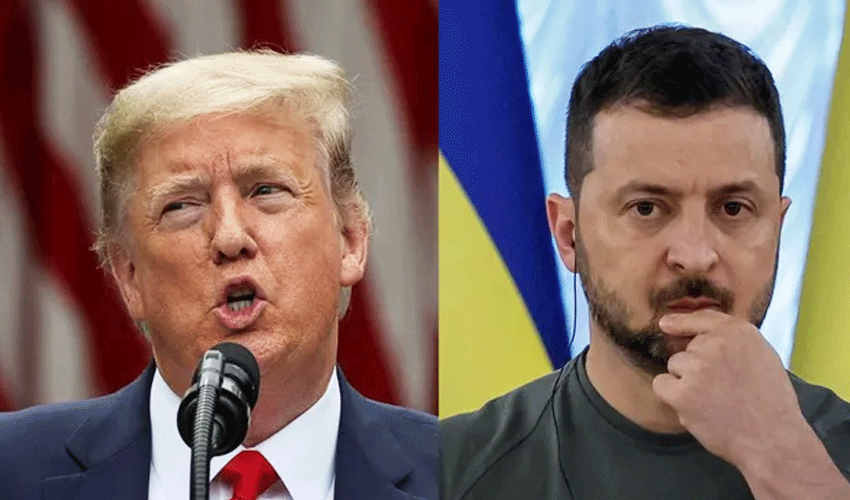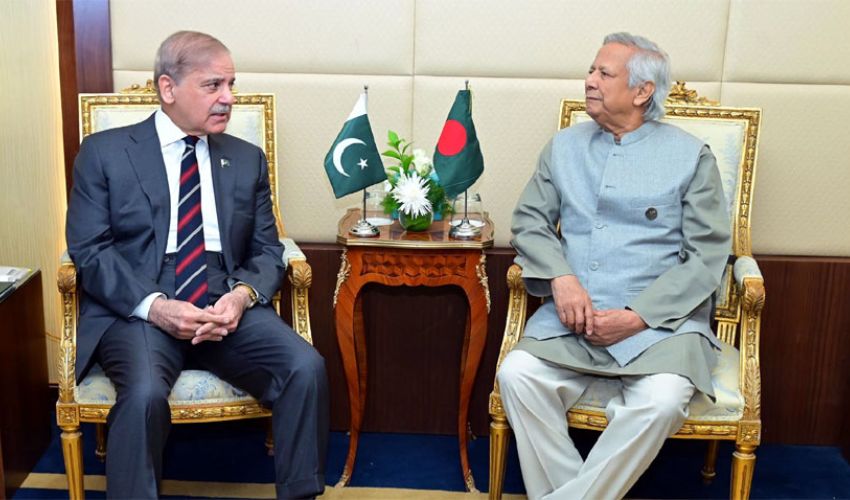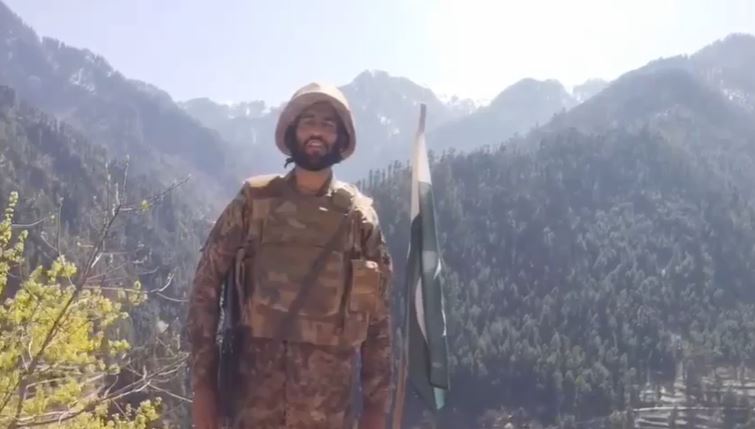Ukrainian President Volodymyr Zelenskyy has expressed regret over his recent clash with US President Donald Trump, as Washington halted military assistance to Kyiv in a move that could reshape the ongoing war with Russia.
In a statement on social media platform X on Tuesday, Zelenskyy said he was willing to “make things right” with the US leader to secure a sustainable peace in Ukraine. His remarks followed an acrimonious meeting with Trump at the White House last week, which reportedly led to tensions between the two leaders.
“Ukraine is ready to come to the negotiating table as soon as possible to bring lasting peace closer. Nobody wants peace more than Ukrainians. My team and I stand ready to work under President Trump’s strong leadership to get a peace that lasts,” Zelenskyy stated.
He further proposed a partial ceasefire as an immediate step towards de-escalation, offering a “truce in the sky” to halt missile strikes and long-range drone attacks on civilian infrastructure, as well as a maritime truce, contingent on Russian reciprocity.
US aid pause shakes Kyiv
The decision by Washington to suspend military assistance came as a major setback for Ukraine, which has relied heavily on Western aid since Russia’s full-scale invasion three years ago. The move, announced overnight, has placed additional pressure on Kyiv’s European allies to step up their support.
While military experts suggest that Ukraine is now less dependent on direct US assistance than in the early months of the war, concerns remain over the long-term impact. Michael Kofman, a senior fellow at the Carnegie Endowment for International Peace, told Reuters that while the aid pause was “significant,” its immediate consequences might be less severe compared to earlier stages of the conflict.
Previous delays in US military aid had resulted in shortages of air defence systems, ammunition, and other critical supplies. Similar concerns are now resurfacing as Kyiv navigates a challenging battlefield situation.
European response and defence spending
In the wake of the US decision, European nations have sought to reinforce their commitment to Ukraine. The United Kingdom and France, whose leaders visited the White House last week, have publicly backed Zelenskyy. Meanwhile, the European Union is looking to bolster its defence spending, with European Commission President Ursula von der Leyen unveiling proposals that could mobilise up to €800 billion ($840bn) for defence efforts.
The EU is also set to hold an emergency summit on Thursday to discuss the defence package and the broader implications of the US policy shift. However, concerns remain over whether European nations can fill the gap left by the US, particularly in supplying high-end military systems such as Predator air defences and advanced ammunition.
Al Jazeera’s London-based correspondent James Bays noted that while Ukraine has made strides in its drone capabilities, it still relies on Starlink, the satellite communication service run by tech entrepreneur Elon Musk, a Trump ally.


























